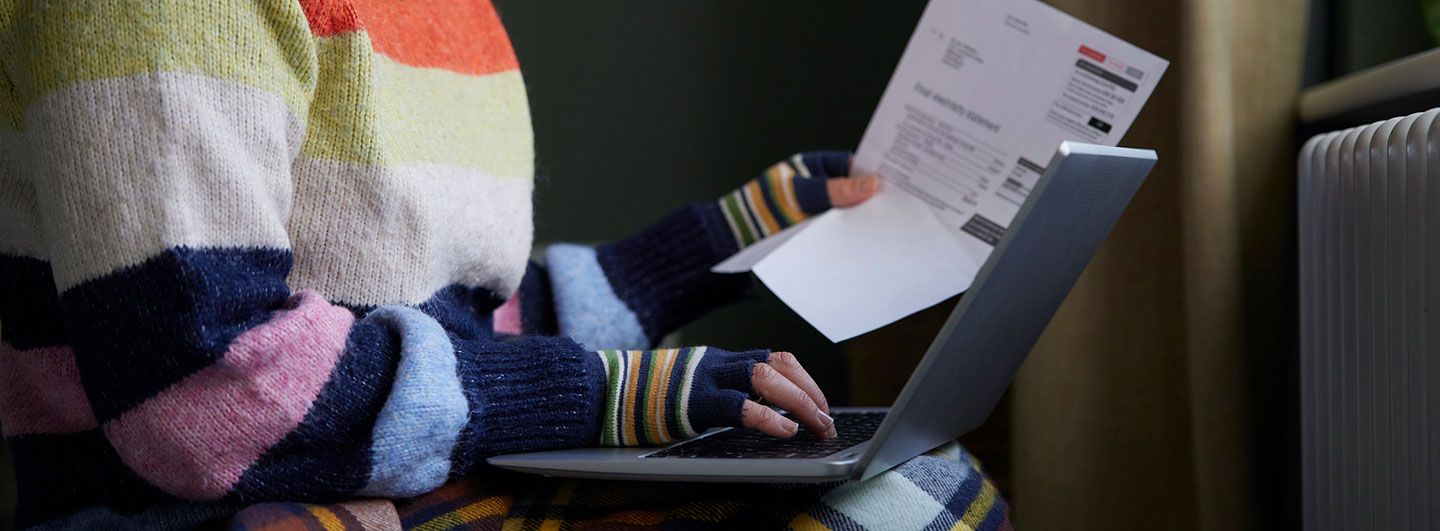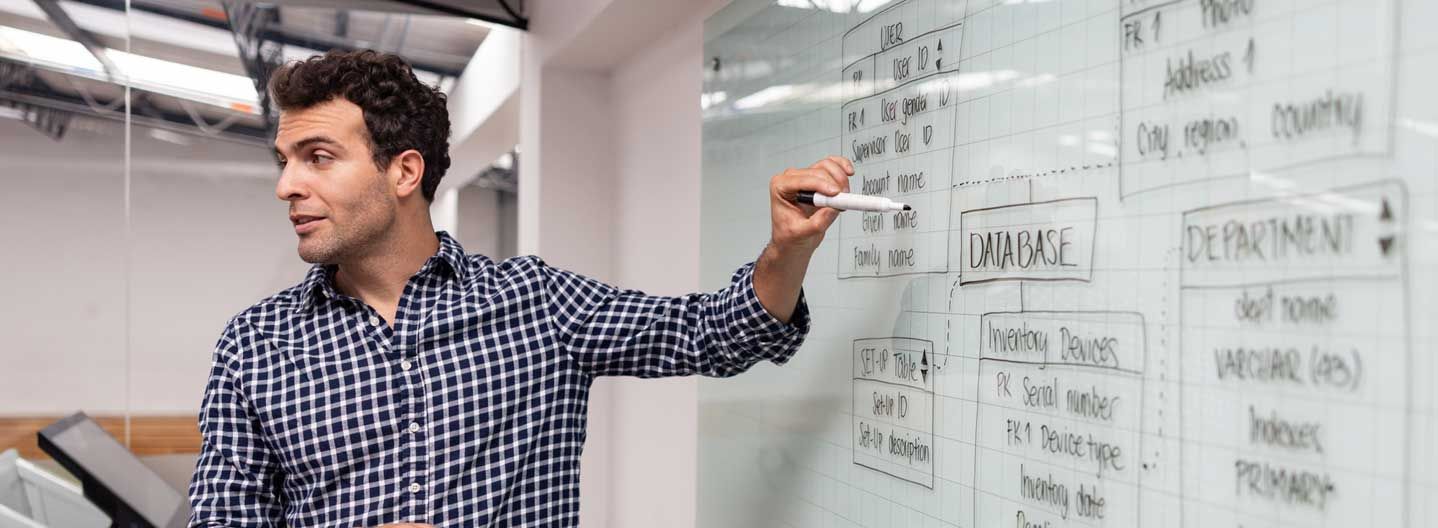
1st Apr 2023
What's your cost-of-living crisis exit strategy in 2024?
Economic pressures have plagued households for several years, with brands facing the challenge of engaging consumers who are more budget-conscious than ever before. As a result, brand loyalty has sharply declined, with 61% of consumers being less likely to stick with brands in 2023 compared to 41% in 2022.
Report - What's your cost-of-living crisis exit strategy in 2024?
In collaboration with Go Inspire, this comprehensive report delves deep into the tactical and strategic decision-making processes that have proved successful in combating the challenges posed by the cost-of-living crisis. With one of the key findings being that putting data at the heart of decision-making was key in increasing successful brands ROI.
Inside the report, you'll find:
In-depth Analysis: Explore how the cost-of-living crisis is reshaping consumer behaviour and purchasing habits, with actionable insights you can use to adapt your strategy accordingly.
Advanced Data Analytics: Discover how top-performing brands are leveraging advanced data analytics to understand their audience on a deeper level and craft targeted marketing campaigns that drive results.
Real-World Case Studies: Dive into case studies from brands successfully navigating the cost-of-living crisis and learn from their strategies and successes.
Whether you're a seasoned marketer, business owner, or industry professional, this report is your playbook for navigating turbulent economic waters and emerging stronger than ever before.
Ready to take your marketing strategy to the next level? Don't miss out on this exclusive resource. Click below to get access to the full report. If you are DMA member, download your report here.
In partnership with ...

Related events and webinars
Related courses & qualifications
NOT A MEMBER YET?
Join today
700+ organisations. 27,000 marketers. One mission.
We’re uniting the marketing world with our innovative and inspiring customer-first approach. We provide resources, training, and support to empower marketers to ensure responsible data use, meaningful connections and sustainable success.












